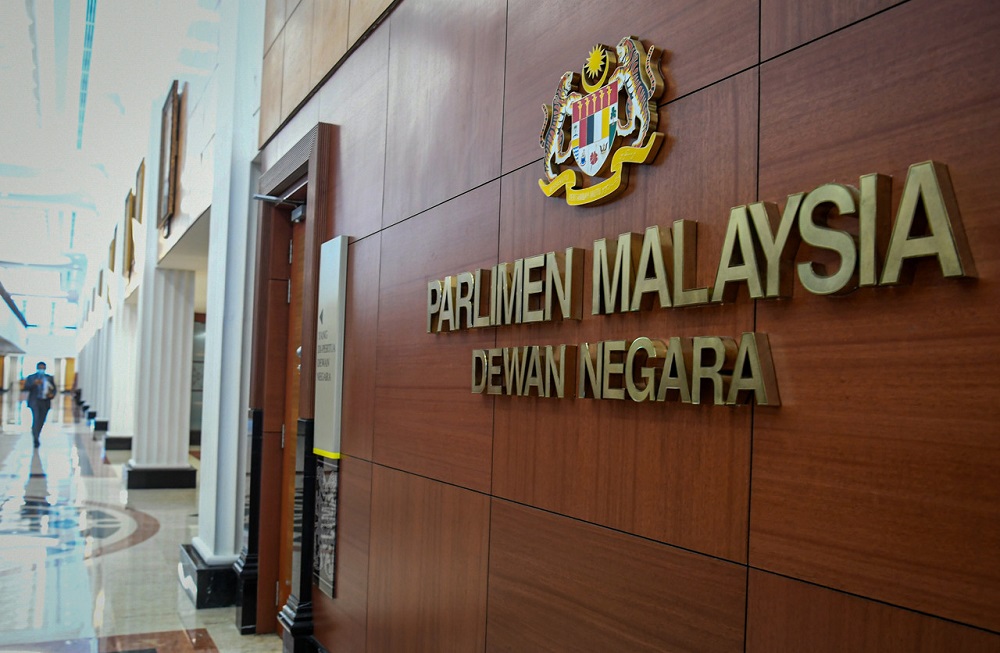KUALA LUMPUR, Nov 10 — Umno backbencher Datuk Ahmad Jazlan Yaakub wants the government to explain the status of the Shariah Courts (Criminal Jurisdiction) (Amendment) Act to increase the criminal powers of the Shariah Courts, more known as RUU355.
The Machang MP said his constituents in Kelantan have been repeatedly asking him if the government is serious about tabling the Bill since it was the basis of the political cooperation between Umno and PAS.
“I do not see why it would be supported [by other MPs] as it is to enhance and strengthening the Muslim courts.
“I hope the government will explain what happened with RUU355 as I don’t want people to say this was done half-heartedly or a political drama, political promise as among the people who promised this are in the government,” he said while debating Supply Bill in the Dewan Rakyat today.
RUU355 was first tabled in the Dewan Rakyat on May 26, 2016 as a private member’s Bill by PAS president Datuk Seri Abdul Hadi Awang.
The Bill as proposed by Hadi sought to raise the Shariah courts’ maximum sentencing limits to 30 years’ jail, RM100,000 fine and 100 strokes of the cane. The current limits are three years’ jail, RM5,000 fine and six strokes.
The last time it was raised in the Dewan Rakyat was on September 16, when Prime Minister Datuk Seri Ismail Sabri Yaakob told Shah Alam MP Khalid Abdul Samad that the government planned to amend the Act this year.
“Throughout 2020 and 2021, the government, through the Islamic and Civil Law technical committee, under the National Council for Islamic Religious Affairs, held a series of meetings to discuss RUU355.
“This is to look into various aspects, especially the constitution and syarak law so that RUU355 is more comprehensive and further strengthens the criminal jurisdiction of the Shariah courts,” Ismail Sabri said in a written reply posted on the Parliament website back then.
The PM said the government Bill will be presented to the states for discussion once it is finalised. Islamic law falls under state jurisdiction in Malaysia.
The controversy over the proposal to strengthen the Shariah courts first erupted when it was linked to hudud, and seen as a way to impose harsh punishments against Muslims perceived to run afoul of Islamic laws, including those in the LGBT community.



















